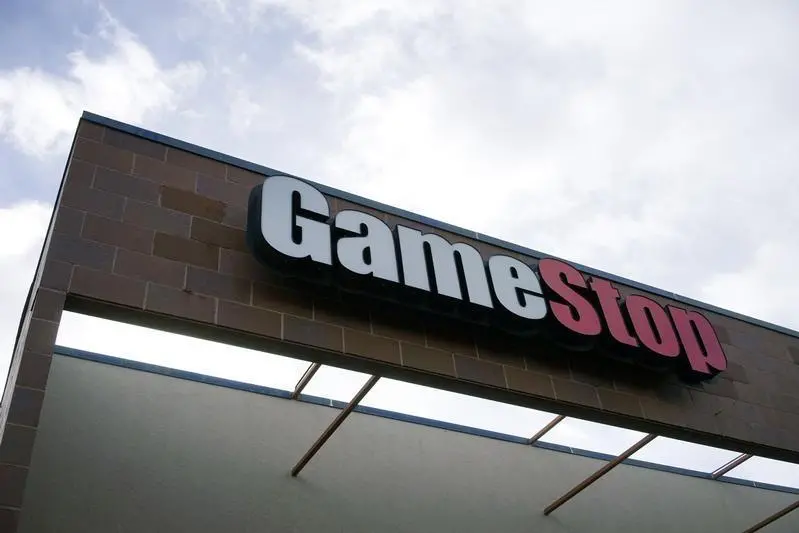PHOTO
(The author is a Reuters Breakingviews columnist. The opinions expressed are her own.)
NEW YORK - The GameStop saga is high drama, but is it an invitation to regulation Securities sheriffs will soon decide. Newly minted U.S. Treasury Secretary Janet Yellen is meeting with heads of regulatory bodies, like the Securities and Exchange Commission, to discuss the recent frenzy in so-called meme stocks. There’s a case for modest action, but too narrow a focus could obscure the big picture.
Sure, the story merits some high-level hand-wringing. The no-commission brokerage app Robinhood had to quickly raise over $3 billion in a few days to ensure it could meet higher SEC and clearing house obligations, after a burst of retail trading that pushed video-game retailer GameStop’s stock price up by more than 1,600% in under two weeks. The trading platform already paid $65 million last year to settle one complaint from the SEC, and faces another from Massachusetts regulators.
Yet the market is already cleaning up the mess. GameStop is down over 80% from its highest closing price, while AMC Entertainment, another stock small investors targeted, has seen its share price drop over 60%. An attempt by retail investors to pump up the price of silver proved short-lived. And while a number of U.S. politicians have called for investigations into the influence of hedge funds after Robinhood paused trading in some volatile stocks, there’s no evidence they did anything out of the ordinary.
Where Yellen and her circle can make a difference is by throwing sand into overactive gears. The rise of no-commission trading and simple apps, which, in the case of Robinhood, use game-like gimmicks, such as bursts of digital confetti that celebrate trades, have led retail participation to spike. Over 600,000 people downloaded the Robinhood app on a single day during the frenzy, according to JMP Securities, over four times the best day last March. And small traders are increasingly using options, enabling them to magnify their impact.
Cracking down on gamification, which can impede investors’ ability to appraise the risks they’re taking, makes sense. So too might increasing margin requirements, so that a trading platform has enough padding to withstand market lurches. The bigger question might be whether this kind of thing is partly the creation of governments and central banks prepared to prop up almost every kind of financial market. That kind of problem will take more than a quick regulatory summit to resolve.
CONTEXT NEWS
- U.S. Treasury Secretary Janet Yellen said on Feb. 4 that she was going to meet that day with the heads of the U.S. Securities and Exchange Commission, the Federal Reserve and the Commodity Futures Trading Commission. The discussion would include recent volatility related to stocks like GameStop with a view to ensuring "financial markets are functioning properly, efficiently and that investors are protected," she said on ABC’s Good Morning America.
- GameStop’s share price rose over 1,600% between its closing prices on Jan. 12 and Jan. 27, but had declined by over 70% as of Feb. 3. Retail investors using online message boards on Reddit had discussed bidding up the price of the video-game retailer and other stocks, including AMC Entertainment and BlackBerry, which also rose strongly.
(The author is a Reuters Breakingviews columnist. The opinions expressed are her own.)
(Editing by John Foley and Amanda Gomez) ((anna.szymanski@thomsonreuters.com; Reuters Messaging: anna.szymanski.thomsonreuters.com@reuters.net))





















